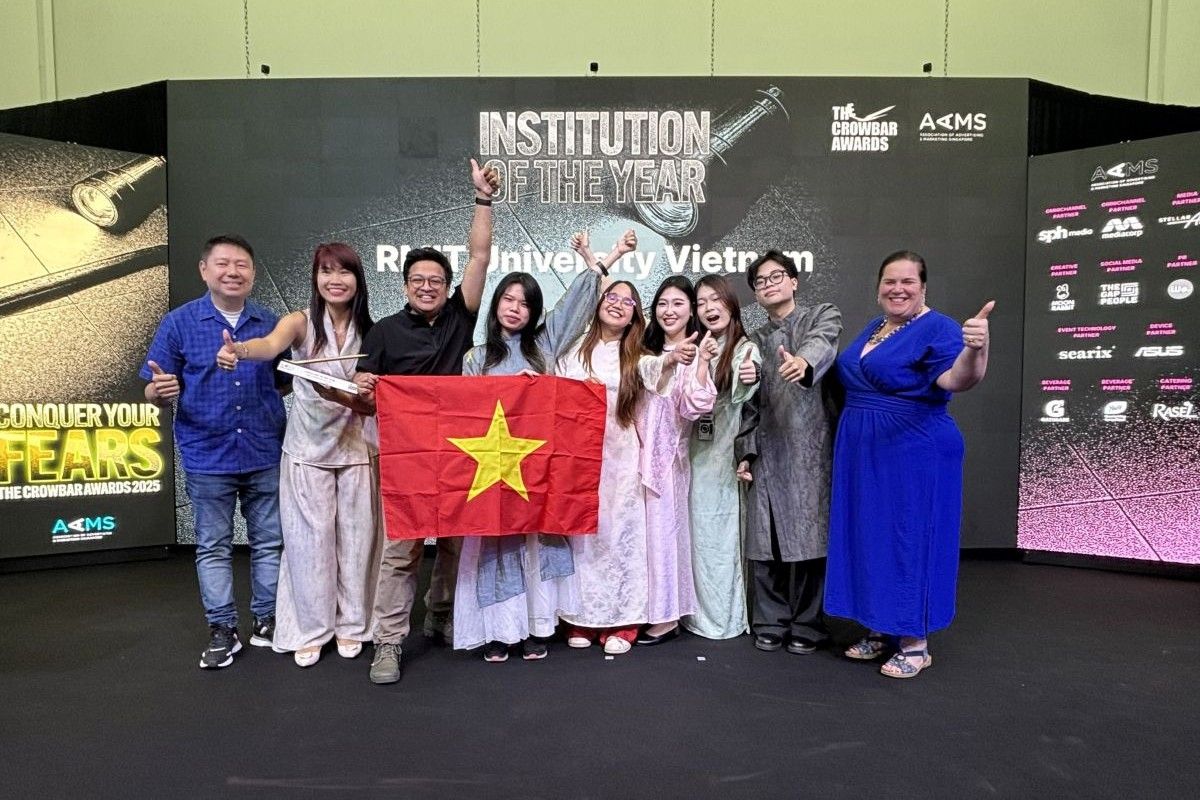The team used the adapted Authentic Assessment Framework (AAF) as an illustration of how authentic assessment can be applied in a university and effectively implemented broadly for HE students.
Dr Akbari shared that scaffolded assessments are integrated to support student learning, where assessments are linked to each other, and learners receive feedback to improve in the next assessment.
“This learning process method is adapted to the students’ needs with appropriate assistance to ensure learners reach the learning goals,” he said.
“All the assessments have to reflect back to three general course learning outcomes (CLOs), including the applications of key LSCM theories and concepts, leadership and organisational skills to propose solutions to operational problems, and effective communication within a team environment.”
All the assessments were introduced throughout the semester and linked to one company. During each semester, the team negotiated with one logistics company to invite them for an online or face-to-face guest lecture followed by a company visit, if possible.
“These interactions with the industry partners were organised to deliver an authentic environment to drive the achievement of the CLOs,” Dr Akbari said.
“All the assignments were linked to the company, helping students learn about their LSCM, identify any potential issues and provide possible solutions.”
The teaching team utilised four-steps of the five-step cyclical model to systematically approach and articulate the CLOs, including:
- designing learning activities and assessments where the team designed individual creative work (posters), collaborative creative learning (video presentations) and summative assessments (online case studies and individual reflections);
- establishing evaluation criteria where the team developed an analytical rubric followed by different levels of ratings for criteria such as content, delivery and research and synthesis in the analysis.
- deploying activities and implementing assessments; and
- reflecting and revising.
“Although devising authentic assessments and moving away from a test-centric system still presents challenges, the authentic assessments enable students to go beyond remembering fragmented evidence and move towards capturing, understanding, applying and integrating new ideas with supporting literature. Theoretical concepts are linked with professional practices, critical analysis and evidence-based decision making,” Dr Akbari concluded.
The paper ‘Design, implementation and academic perspectives on authentic assessment for applied business higher education in a top performing Asian economy’ was published on Emerald Insight, led by Dr Akbari and involved other RMIT School of Business & Management researchers including Lecturer Dr Nguyen Manh Hung and Associate Lecturer Kristof Van Houdt.
Story: Ha Hoang





